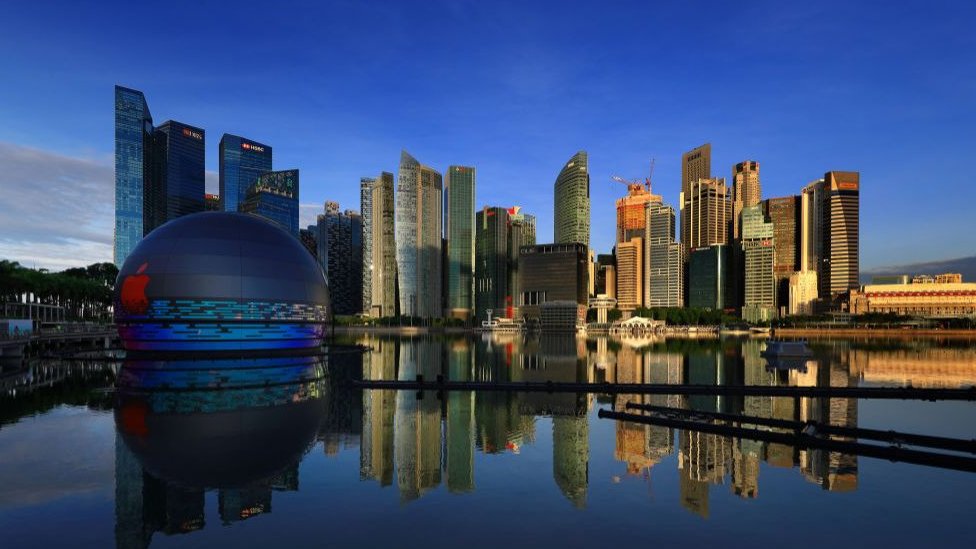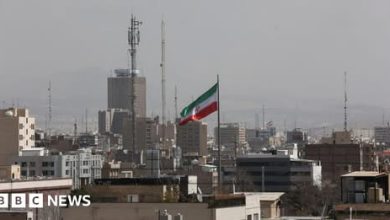COVID-19 SHAKES WORLD’S MOST EXPENSIVE LIST
Singapore and Osaka, which were equal first with Hong Kong last year, have slipped down the rankings.
The Economist Intelligence Unit’s annual survey said Singapore’s prices fell because of an exodus of foreign workers due to the Covid-19 pandemic.
Most Chinese cities have risen as US-China tensions push up prices.
“Asian cities have traditionally dominated the rankings in the past years but the pandemic has reshuffled the rankings of this edition,” said Upasana Dutt, the EIU’s Head of Worldwide Cost of Living.
Bangkok also slipped twenty places, and is now ranked 46th most expensive.
The EIU’s report is geared towards expatriates, with the data used by multinationals to help them calculate the cost of business trips and expatriate packages.
Most Chinese cities have risen up the rankings largely due to the US-China tech war which has tested the resilience of supply chains and raised consumer prices.
Expensive Europe
Cities in the Americas, Africa and Eastern Europe have become less expensive since last year, while Western European cities have become costlier.
Western Europe accounted for four of the ten most expensive cities on the index, with Zurich and Paris taking equal first place.
Geneva and Copenhagen were seventh and ninth respectively.

This partly reflects the relative strength of European currencies on an index that compares every city to the cost of living in New York.
The biggest price gains were in Iran’s capital Tehran, which moved 27 places up the rankings due to US sanctions, which have impacted the supply of goods.
Pricey cigarettes, cheap shirts
The EIU’s Worldwide Cost of Living index compared the prices of 138 goods and services in about 130 major cities in September.
Overall, prices have been fairly flat, but the report said the prices of essential goods have been more resilient than those of non-essential goods.
Logistical challenges also affected prices, with shortages of goods such as toilet roll and pasta fuelling price rises in some categories.
Of the ten categories covered by the report, tobacco and recreation saw the biggest price increases, while clothing prices have seen the steepest decline.
“In terms of consumer goods, there has been a sharp increase in the prices of computers, while clothing prices have seen a decline,” said Ms Dutt.






